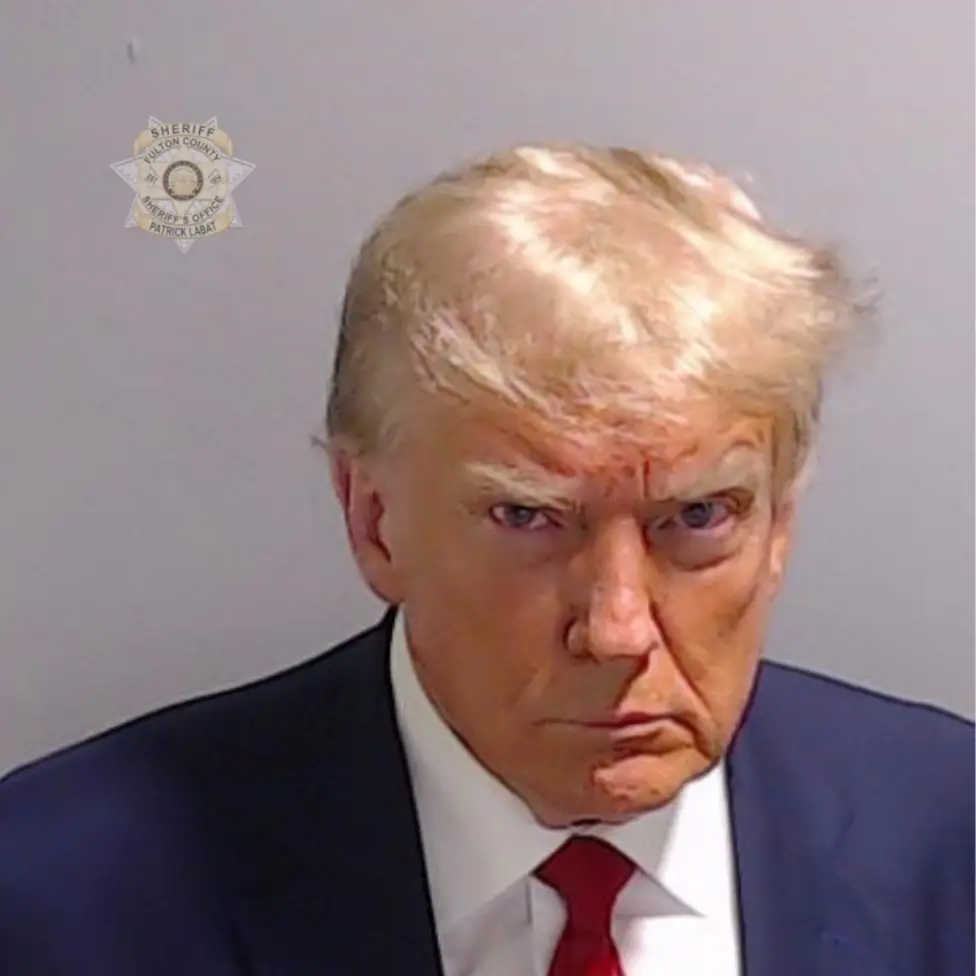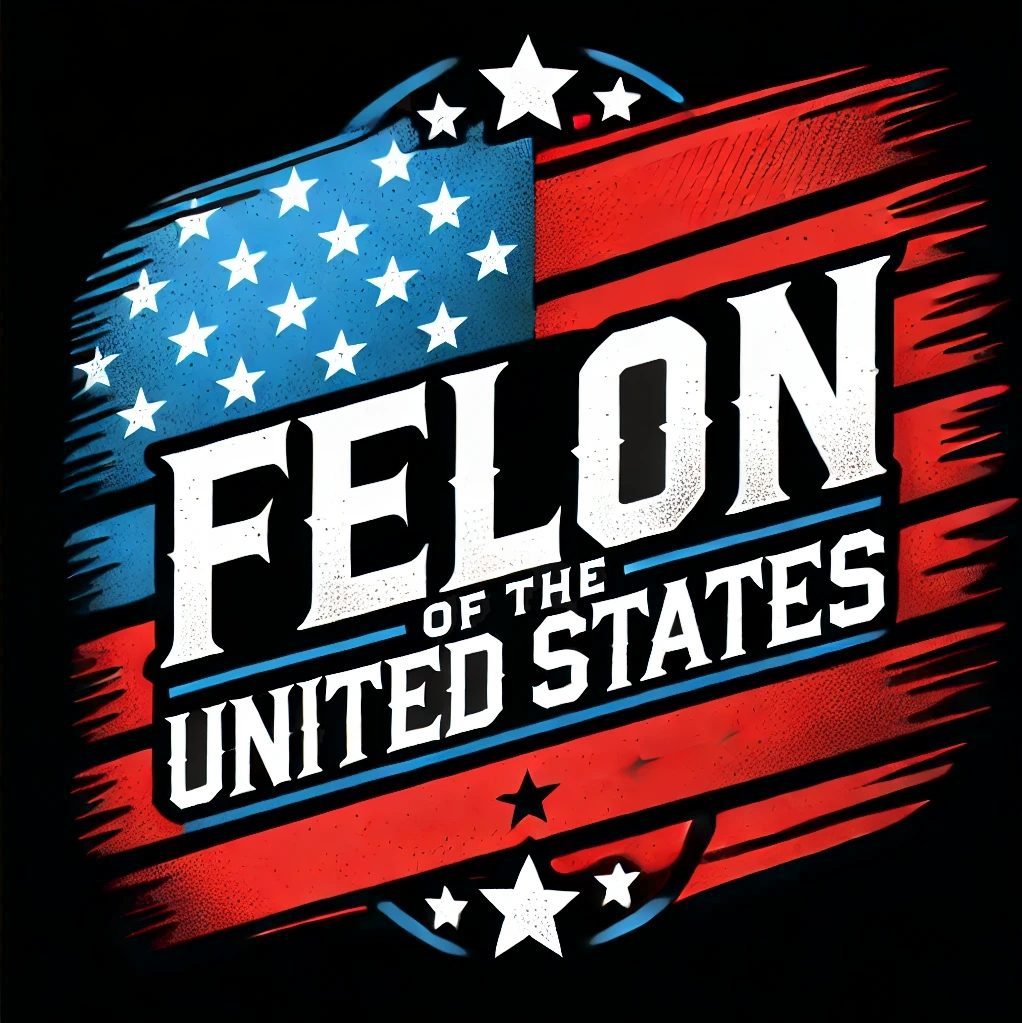Donald John Trump

Donald J. Trump: Biography, Political Legacy, and Legal Troubles (Updated June 2025)
Early Life and Business Career
Donald John Trump was born on June 14, 1946, in Queens, New York City. He attended the Wharton School at the University of Pennsylvania, graduating with a degree in economics in 1968. After joining his father’s real estate company, Trump expanded the business into high-profile developments across Manhattan, including Trump Tower, casinos in Atlantic City, and various branding ventures spanning hotels, steaks, vodka, and even a university. His fame surged in the 2000s as host of NBC’s reality show The Apprentice, where he coined the catchphrase “You’re fired!”
Political Rise and First Presidency (2017–2021)
In 2015, Trump launched a presidential campaign as a political outsider, running on a platform of economic nationalism, immigration control, and anti-establishment populism. He won the 2016 U.S. presidential election, defeating Democrat Hillary Clinton, and was inaugurated as the 45th President of the United States on January 20, 2017.
During his first term, Trump:
-
Signed a $1.5 trillion tax reform bill.
-
Appointed three Supreme Court justices, shifting the court’s ideological balance.
-
Imposed tariffs in a bid to renegotiate trade deals.
-
Enforced stricter immigration policies, including the controversial travel ban and family separations at the border.
His term was marked by intense political polarization, a combative relationship with the media, and two impeachments—first for abuse of power (Ukraine), then for incitement of insurrection (Capitol riot). He was acquitted in both Senate trials.
2020 Election and Post-Presidency
After losing the 2020 presidential election to Joe Biden, Trump refused to concede and falsely claimed widespread voter fraud. His efforts to overturn the results culminated in the January 6, 2021 Capitol riot, leading to his second impeachment.
Banned from major social media platforms, Trump launched Truth Social in 2022 and retained significant influence over the Republican Party, endorsing candidates and shaping midterm campaigns. He declared his candidacy for the 2024 presidential election in November 2022 and went on to win the GOP nomination despite mounting legal challenges.
Criminal Conviction and Legal Troubles
On May 30, 2025, Donald Trump became the first former U.S. president convicted of a felony. A New York jury found him guilty on 34 counts of falsifying business records tied to a hush money scheme involving adult film actress Stormy Daniels during the 2016 campaign.
Key developments:
-
Trump allegedly concealed payments to Daniels by classifying reimbursements as legal expenses to his former attorney Michael Cohen.
-
Prosecutors argued the scheme was designed to illegally influence the 2016 election.
-
Sentencing is scheduled for July 11, 2025, four days before the Republican National Convention.
Despite the conviction, Trump remains eligible to run for president, and his campaign claims the trial was politically motivated.
Other Legal Cases:
-
New York civil fraud: Trump was ordered to pay $453.5 million for inflating asset values to secure loans and insurance coverage.
-
E. Jean Carroll defamation and sexual abuse case: He was found liable in two civil trials, with damages totaling $91.6 million.
-
Classified documents case: Federal charges remain pending over his handling of national security materials post-presidency.
-
Election interference: Investigations continue in Georgia and in a federal case regarding efforts to overturn the 2020 results.
Legacy and Influence
Trump’s impact on American politics is profound and polarizing. He has reshaped the Republican Party into a populist, nationalist movement and disrupted traditional norms in governance, media, and campaigning.
Supporters view him as a transformative figure who challenged the “deep state” and empowered everyday Americans. Critics argue he eroded democratic institutions, spread misinformation, and undermined the rule of law.
As of June 2025, Donald J. Trump is simultaneously a presidential candidate, a felon, and a political force unlike any in modern U.S. history.
